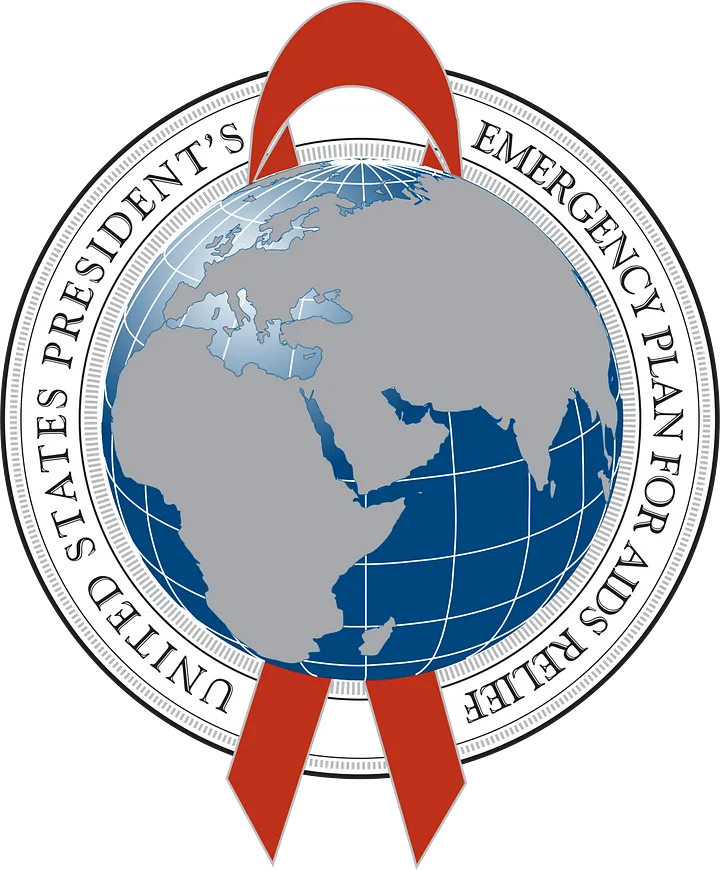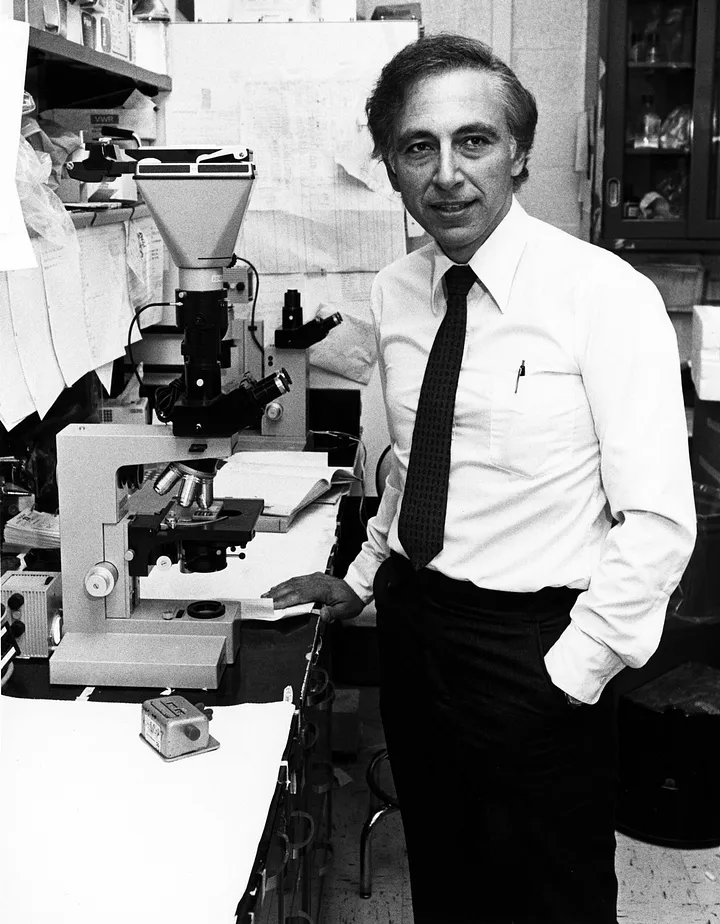The President’s Emergency Plan for AIDS Relief, or PEPFAR, was launched in 2003 with the aim of combating the global HIV/AIDS epidemic. Over the past 17 years, PEPFAR has become one of the largest initiatives in the world aimed at fighting the spread of HIV/AIDS, providing life-saving treatment, care, and support to millions of people affected by the virus.
PEPFAR operates in over 50 countries around the world and has helped to reduce the number of new HIV infections and deaths caused by AIDS. The program focuses on five main areas: prevention, treatment, care, and support, and capacity building.
One of the key ways in which PEPFAR is working to prevent the spread of HIV is through its focus on providing education and resources to communities and individuals who are at high risk for contracting the virus. This includes increasing access to testing and counseling services, as well as distributing life-saving medications and tools to prevent mother-to-child transmission of the virus.
In terms of treatment, PEPFAR has been instrumental in providing antiretroviral therapy (ART) to millions of people living with HIV/AIDS. ART is a combination of medications that helps to suppress the virus and prevent its progression to AIDS, allowing people with HIV to live long and healthy lives. PEPFAR also provides support and care services to help people with HIV maintain their health, including medical care, food, and housing assistance.
Another important aspect of PEPFAR is its focus on building capacity and strengthening health systems in the countries it operates in. This includes supporting the training of healthcare workers, strengthening laboratory and diagnostic systems, and investing in the development of new and innovative treatments and interventions to fight HIV/AIDS.
PEPFAR has been praised for its success and impact in the fight against HIV/AIDS. According to the U.S. Department of Health and Human Services, since the program’s launch, PEPFAR has provided life-saving ART to over 12 million people, prevented over 2 million new infections, and provided care and support services to millions of people affected by HIV/AIDS.
However, despite its success, there is still much work to be done in the fight against HIV/AIDS. The virus continues to spread and new infections are still being reported each day. In order to continue making progress in this fight, it will be important for PEPFAR and other organizations to continue their efforts to provide education, resources, and care to communities around the world.
In conclusion, PEPFAR has made significant strides in the fight against HIV/AIDS, providing life-saving treatment, care, and support to millions of people affected by the virus. The program continues to work to prevent new infections and build capacity in the countries it operates in, and is a crucial player in the global fight against HIV/AIDS.












